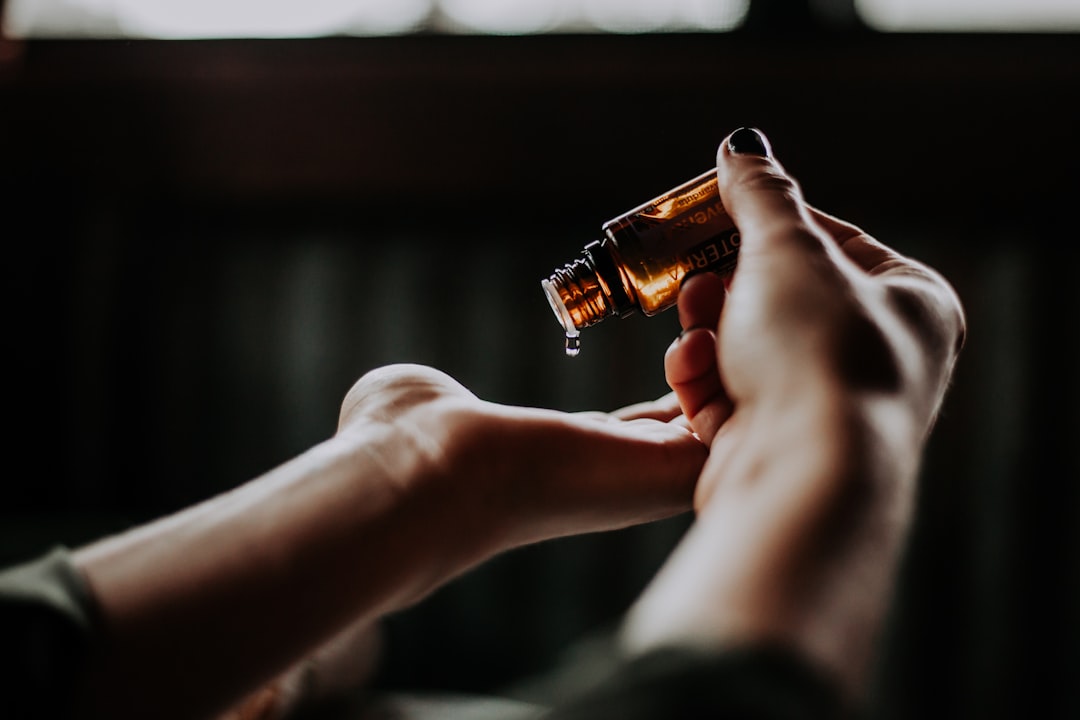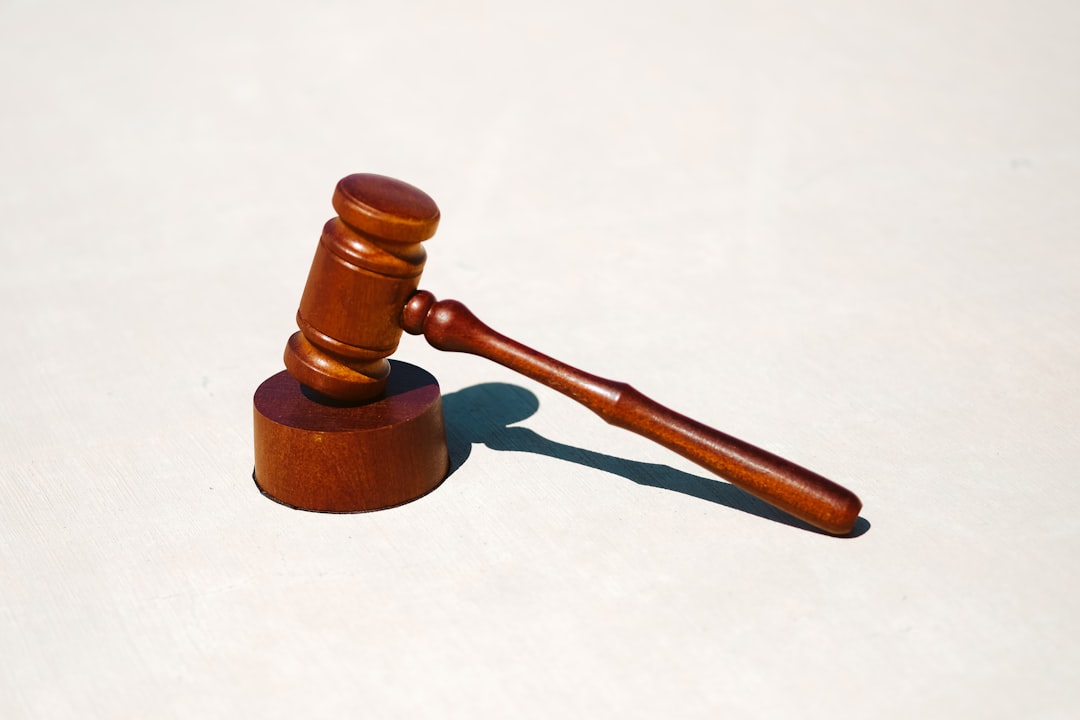In Arkansas, rape survivors face a complex legal landscape. Understanding your rights under these stringent laws is crucial for healing and justice. This guide navigates the key aspects, including Arkansas’ rape laws, survivor rights, and the vital role of a specialized rape lawyer. We also highlight available support and resources tailored to assist survivors. By equipping ourselves with knowledge, we empower survivors on their journey towards closure and accountability.
Understanding Rape Laws in Arkansas

In Arkansas, rape is defined as non-consensual sexual penetration, with laws specifically addressing sexual assault and aggravated rape. The state’s legal system aims to protect survivors through strict guidelines and penalties for offenders. A rape lawyer in Arkansas plays a vital role in navigating these complex laws, ensuring that survivors receive the justice they deserve.
Understanding the nuances of rape laws is essential for both victims seeking redress and legal professionals assisting them. Key aspects include the burden of proof, which requires prosecutors to demonstrate guilt beyond a reasonable doubt, and the availability of various legal remedies, such as civil lawsuits against perpetrators or institutions responsible for the assault. Arkansas also offers support services for survivors, including counseling and advocacy programs, which complement the legal protections in place for rape victims.
Rights of Survivors: What to Know

After a traumatic experience like rape, survivors in Arkansas have specific rights and protections under the law. One of the most crucial steps is to connect with a qualified rape lawyer Arkansas who can guide them through the legal process and ensure their rights are upheld. These attorneys specialize in understanding the unique challenges survivors face and navigating the complex legal system.
Survivors should be aware that they have the right to seek justice, protection from further harm, and support during the legal process. A rape lawyer Arkansas can help them understand their options, including pressing charges against the perpetrator, seeking civil damages for emotional distress and medical bills, and accessing resources like counseling and victim advocacy services. Knowing these rights empowers survivors to take control and begin their journey towards healing.
The Role of a Rape Lawyer

In the aftermath of a sexual assault, victims in Arkansas can find solace and legal guidance through the expertise of a dedicated rape lawyer. These specialized attorneys play a pivotal role in advocating for survivors’ rights and ensuring they receive the justice they deserve. With extensive knowledge of state laws and procedures related to rape cases, they guide clients through the complex legal landscape.
A rape lawyer in Arkansas assists survivors by offering crucial support during prosecution, protecting their privacy, and helping them navigate the criminal justice system. They gather evidence, interview witnesses, and craft compelling legal arguments to build a strong case. Furthermore, these lawyers provide emotional assistance, ensuring victims feel supported throughout the often-traumatizing process. Their expertise enables survivors to focus on healing while leaving the legal complexities to an advocate who fights for their rights.
Support and Resources Available

In the aftermath of a traumatic experience like rape, survivors in Arkansas can access a range of support and resources designed to help them heal. This includes legal assistance from specialized rape lawyers who are experienced in navigating complex legal systems and advocating for victims’ rights. These professionals provide crucial guidance, ensuring that survivors understand their options and protections under the law.
Support services extend beyond legal aid, encompassing counseling, medical care, and emotional support groups. Organizations dedicated to assisting rape survivors offer confidential spaces where individuals can process their experiences, connect with others who share similar journeys, and access practical resources for rebuilding their lives. With proper support, survivors can take steps towards recovery and reclaim their sense of safety and empowerment.





